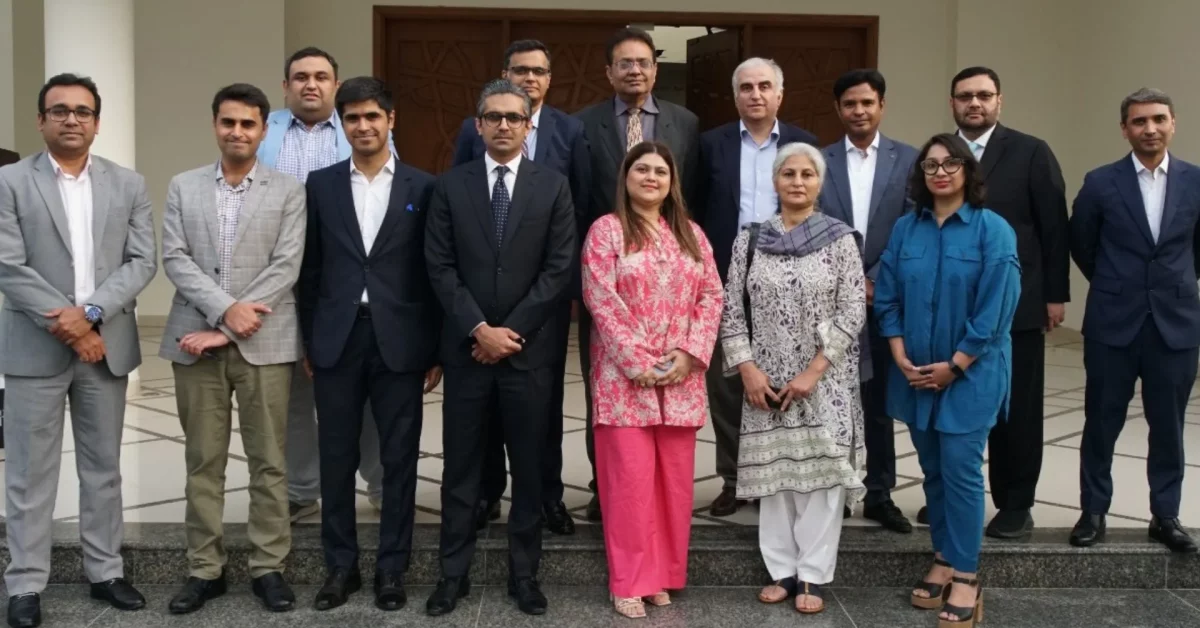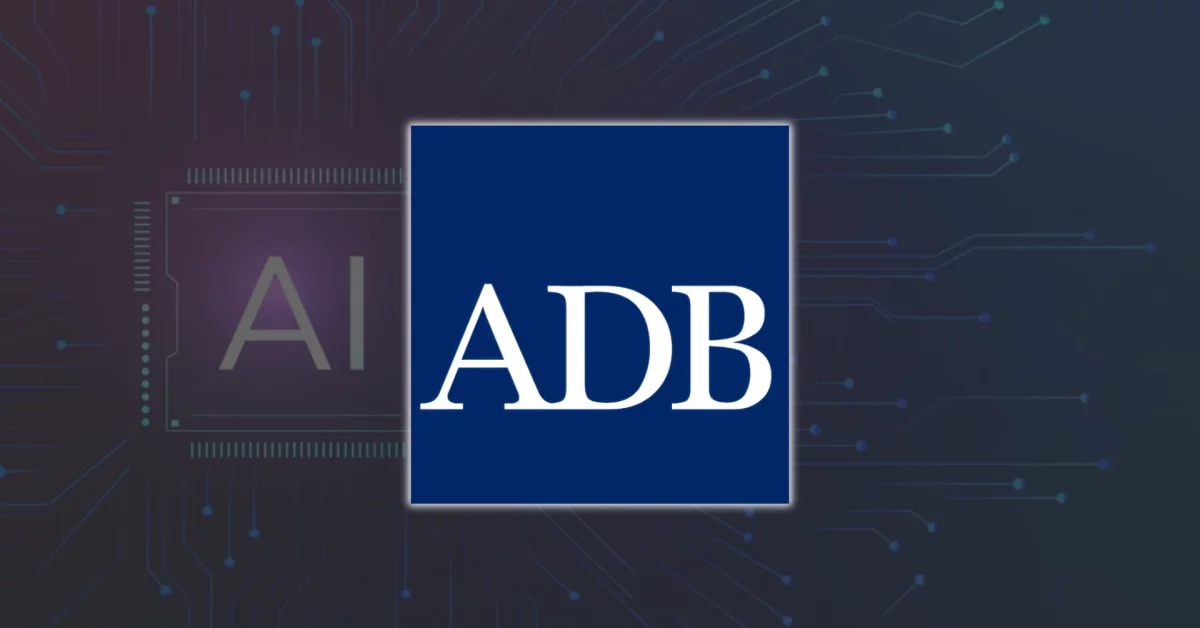
Flood Jitters Push PSX into Panic Spiral
August 29, 2025
Islamabad Airport Operations Transferred to UAE
August 30, 2025Karachi, Pakistan, August 29, 2025: Karachi School of Business and Leadership (KSBL) and JS Bank jointly hosted a strategic roundtable to address the opportunities and challenges shaping Pakistan’s SME financing landscape. The session brought together representatives from the State Bank of Pakistan, SMEDA, National Incubation Center, private financial institutions, and academia to explore pathways for enabling broader financial access for small and medium enterprises (SMEs).
Despite recent progress, including SME loans reaching an all-time high of PKR 691 billion in FY25, structural barriers continue to hinder SMEs from fully accessing formal finance. Only 2.1% of firms report having access to bank loans or lines of credit, compared to the South Asian average of 31.6%.
The discussion highlighted the need to move beyond incremental improvements toward comprehensive reforms supported by stronger credit assessment frameworks, market-based solutions, and technology-driven distribution channels.
The roundtable also marked the soft launch of a forthcoming policy brief and SME financing toolkit. These resources are designed to guide small businesses through the process of securing financial services and to provide actionable insights for policymakers and financial institutions.
“Pakistan’s SME sector represents the heartbeat of our economy, yet persistent financing gaps threaten to stunt our national growth potential,” said Dr. Ahmad Junaid, Dean and Rector of KSBL. “This roundtable reflects our commitment to bridging the gap between academic research and practical policy solutions. Only through collaboration between educational institutions, the financial sector, and policymakers can we unlock the full potential of our entrepreneurial ecosystem.”
The Chief Operating Officer of JS Bank, Atif Salim Malik, added: “While SME lending volumes have shown promising growth, the opportunity ahead remains immense. As one of the largest SME lenders in the country, JS Bank recognizes that leadership is not just about size. It’s about aligning the risk-reward framework and simplifying processes for small businesses. For us, SME financing goes beyond expanding loan books. It’s about nurturing an ecosystem that enables the sustainable growth of small and medium enterprises.”
Discussions at the roundtable spanned both supply-side constraints such as information gaps, distribution challenges, and limited credit assessment tools, and demand-side hurdles such as lack of formal documentation and seasonal cash flow pressures. Participants acknowledged the role of government schemes including the SME Asaan Finance Scheme (SAAF) and the Refinancing Facility for Modernization of SMEs in creating momentum, but emphasized that long-term progress will depend on sustainable, market-led solutions supported by regulatory frameworks and technological innovation. To this end, they proposed interventions like credit guarantees, better greater data availability for risk assessment, among others.






